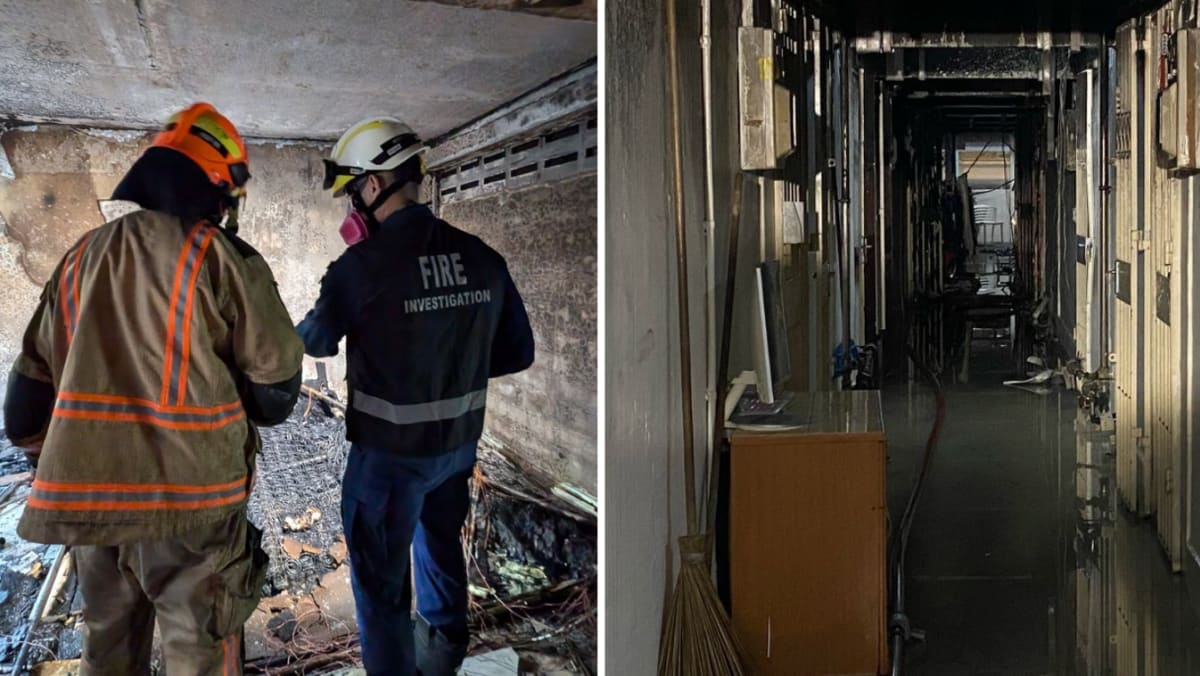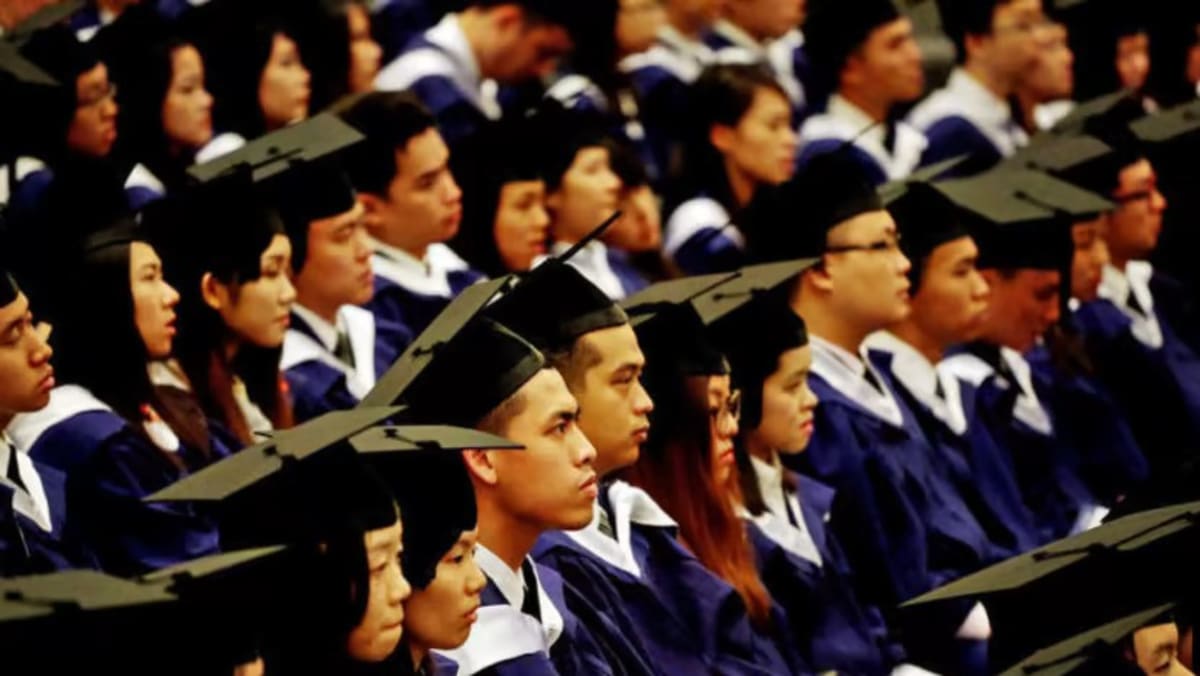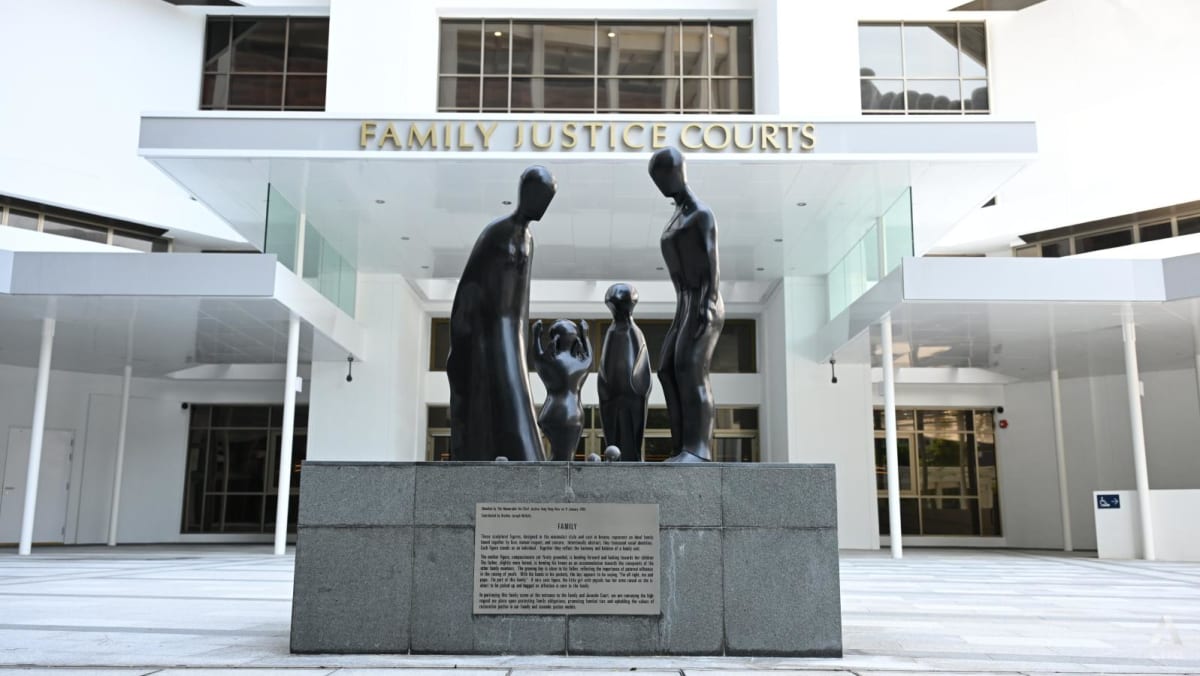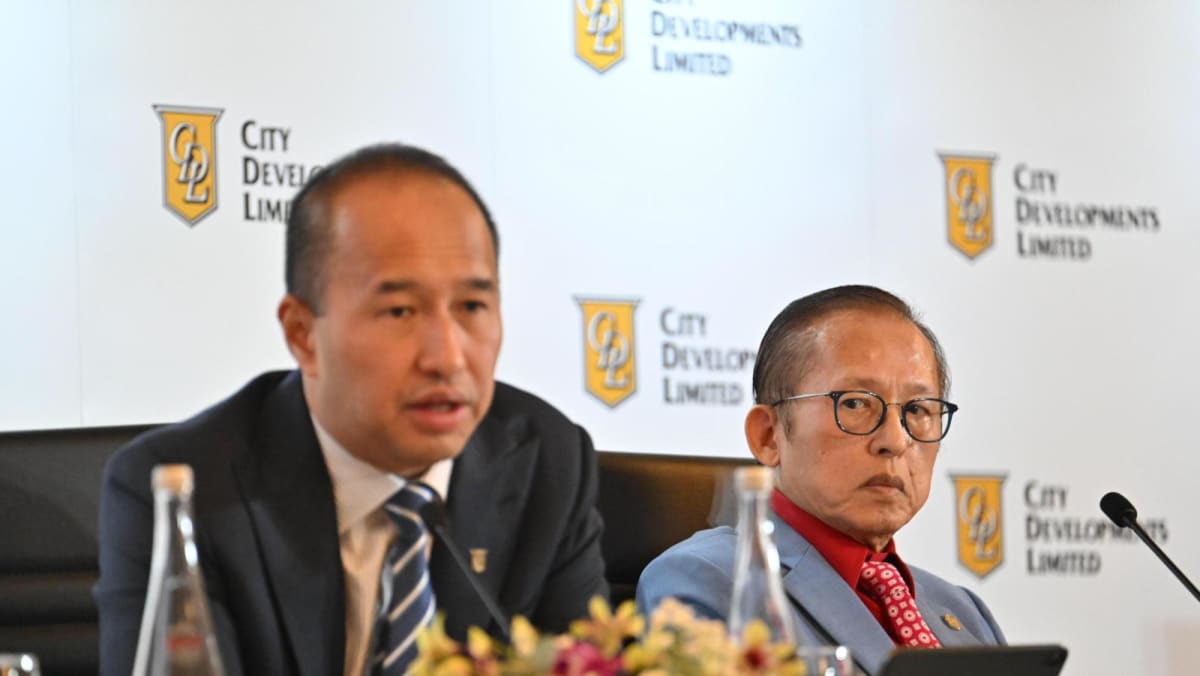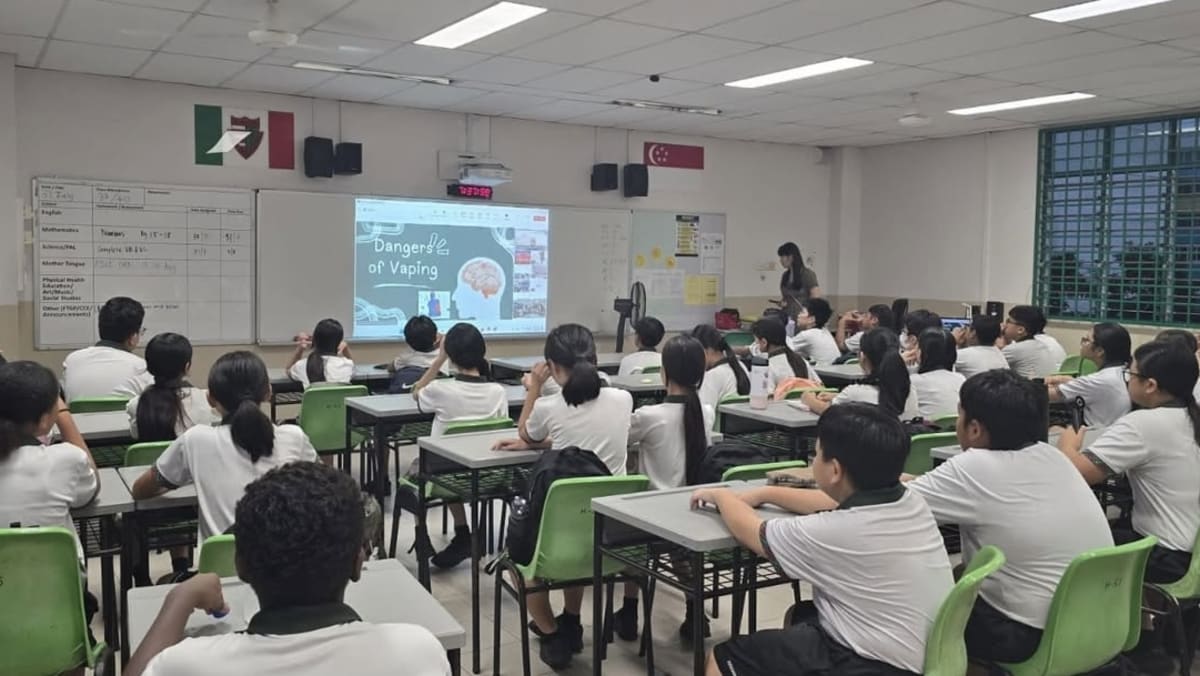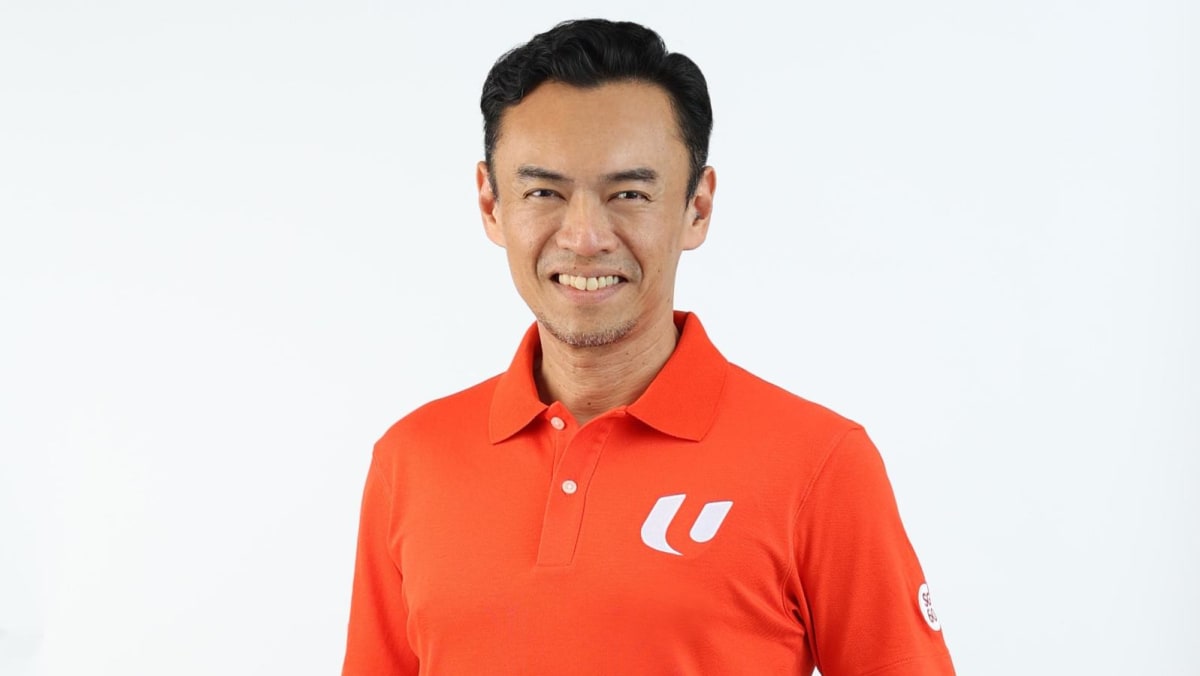RE-EXAMINATION BY PROSECUTION
On Wednesday morning, Mr Ong took his first witness, Commercial Affairs Department (CAD) officer Ms Jacqueline Wei Maojun, through several answers she had given in response to Mr Singh’s questioning.
Under Mr Ong’s questioning, Ms Wei said she had sought views from a securities expert, Mr Kevin Gin, before “overt investigations” had commenced.
At one point, Mr Singh’s team objected, saying the question that was asked was a leading question, and Principal District Judge Toh Han Li asked Mr Ong to rephrase his question.
After Mr Ong worded his question differently, Ms Wei explained that Mr Gin’s views “did help to shape” the eventual “omitted” information that made its way into the charges against the accused.
“However, the actual framing of the (omitted) information was done by CAD, with consultations from various parties, including the regulators, the prosecutors,” said Ms Wei.
Under Mr Ong’s questioning, she also stated that she had exercised her discretion in allowing Lum to review a statement she had given to another investigator four months earlier.
Lum had requested to do so as she was “tired” on the day of the statement-taking and did not review it properly at the time.
Mr Ong then asked about a question Mr Singh posed to Lum – where he said it was a feature of a number of Lum’s answers to Ms Wei, that she said the events occurred 10 years ago and she could not recall what happened, but she still tried to be helpful. Mr Singh then said this was primarily because of the time gap, to which Ms Wei said “possibly”.
“Why did you say possibly?” asked Mr Ong.
“As I said, it’s not for me to speculate,” said Ms Wei. “One of the possible reasons is the time gap.”
Mr Ong then asked Ms Wei what other possible reasons there were, but before she could answer, he withdrew the question, saying she had already stated that it was not for her to speculate.
Mr Ong then asked Ms Wei about the very first statement recorded from Lum. He asked her to tell the court about the circumstances leading up to the recording of this statement.
As Ms Wei began answering about how CAD visited Lum in early June 2020, Mr Singh got to his feet and asked: “How is that arising from any question or answer (in my cross-examination)?”
The scope of questions the prosecution can ask in re-examination is very limited and has to be focused only on the questions asked by the defence and the answers provided during cross-examination.
Mr Ong responded that Mr Singh had cross-examined Ms Wei regarding the nature of the answers from Lum.
“I think the context from which the statement was taken is relevant,” he said.
“If relevant, it should be led in the examination-in-chief (by the prosecution),” countered Mr Singh. “This is re-examination of questions I asked in cross-examination. I didn’t ask any questions about the circumstances leading up to this.”
The judge then asked Mr Ong if he could “situate” his question based on what Mr Singh had asked.
Mr Ong tried again and asked: “At the time Ms Lum was giving this statement recorded by you, what did Ms Lum know about the purpose of the statement?”
Mr Singh objected again, asking what this clarification was about. The judge agreed and asked the prosecutor to make reference to something Mr Singh had asked before asking his question.
Mr Ong then referred to a specific question Mr Singh had asked, about an answer Lum had given in her police statement. She had said that Hyflux management had “guessed” that PUB would want to focus on the desalination plant, and not focus so much on the power plant.
Mr Ong asked Ms Wei to explain why she had accepted this as Lum’s position.
“The reason is Mr Singh added (the word) ‘honest’,” said Ms Wei, referring to how Mr Singh had asked her if she accepted Lum’s answer as “an honest position or answer”.
“My role is just to accept what she answered,” said Ms Wei. “It’s not for me to guess at that point in time whether it’s honest or dishonest. Regardless, I still have to record whatever she says in her statement.”
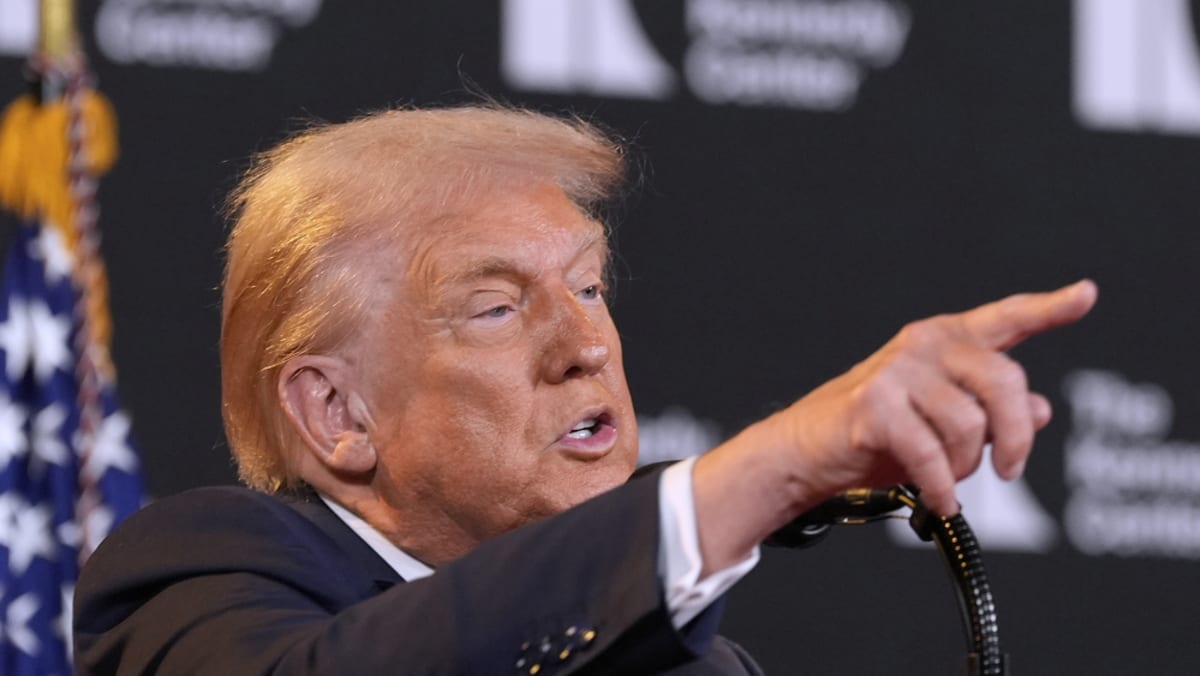




.jpg?itok=XGi0kX-H)

